Who pays?
For the Implementation of Sustainability-Driven Regulations
On 30 January 2025, UNIDO is hosting the event “Who Pays?... for the Implementation of Sustainability-Driven Regulations?” Experts from the public, private, and development sectors will come together to discuss the impacts that mandatory sustainability requirements have on producers and suppliers in the different stages of the supply chain.
As global supply and value chains evolve, environmental, social and governance considerations are becoming increasingly important for achieving the 2030 Agenda for Sustainable Development and the Paris Agreement on climate change. Voluntary standards have not triggered the necessary systemic change, driving an increasing shift towards mandatory regulations. This shift has raised concerns about the impact of these regulations, particularly on smallholder farmers and SMEs in global value chains.
Across three panel sessions, the "Who Pays” event will address several pressing issues, including the costs of complying with such regulations versus the costs of delaying action, the impact on upstream suppliers and producers and the development of innovative capacity-building and financing mechanisms to ensure that all stakeholders can benefit from more sustainable supply chains.
The event will feature interactive panels and dynamic discussions and will provide a valuable opportunity to connect with like-minded professionals, share insights, and contribute to the future of sustainable global trade. Attendees are welcome to join the discussions in person, at the Vienna International Centre on 30. January 2025. Registration will open at 9:00 and there will be a networking coffee from 09:00 to 10:00. The livestream will be available to follow the event virtually from 10:00 to 17:00 (CET).
Event snapshot:
The opening session will set the scene for a day of impactful discussions.
Dr. Gerd Müller, Director General of UNIDO, will open the event with a keynote address shedding light on two critical dimensions: the cost of compliance for different actors along the supply chain and the cost of delaying sustainability-driven regulations.
In the ensuing panel discussion, speakers from diverse organizations and sectors will share their vision and highlight concrete solutions for achieving fair value distribution in global supply chains.
This session will also feature a ceremonial moment, marking the announcement and signing of new projects designed to contribute to an effective and equitable implementation of sustainability-driven regulations in the years ahead.
Opening Keynote:
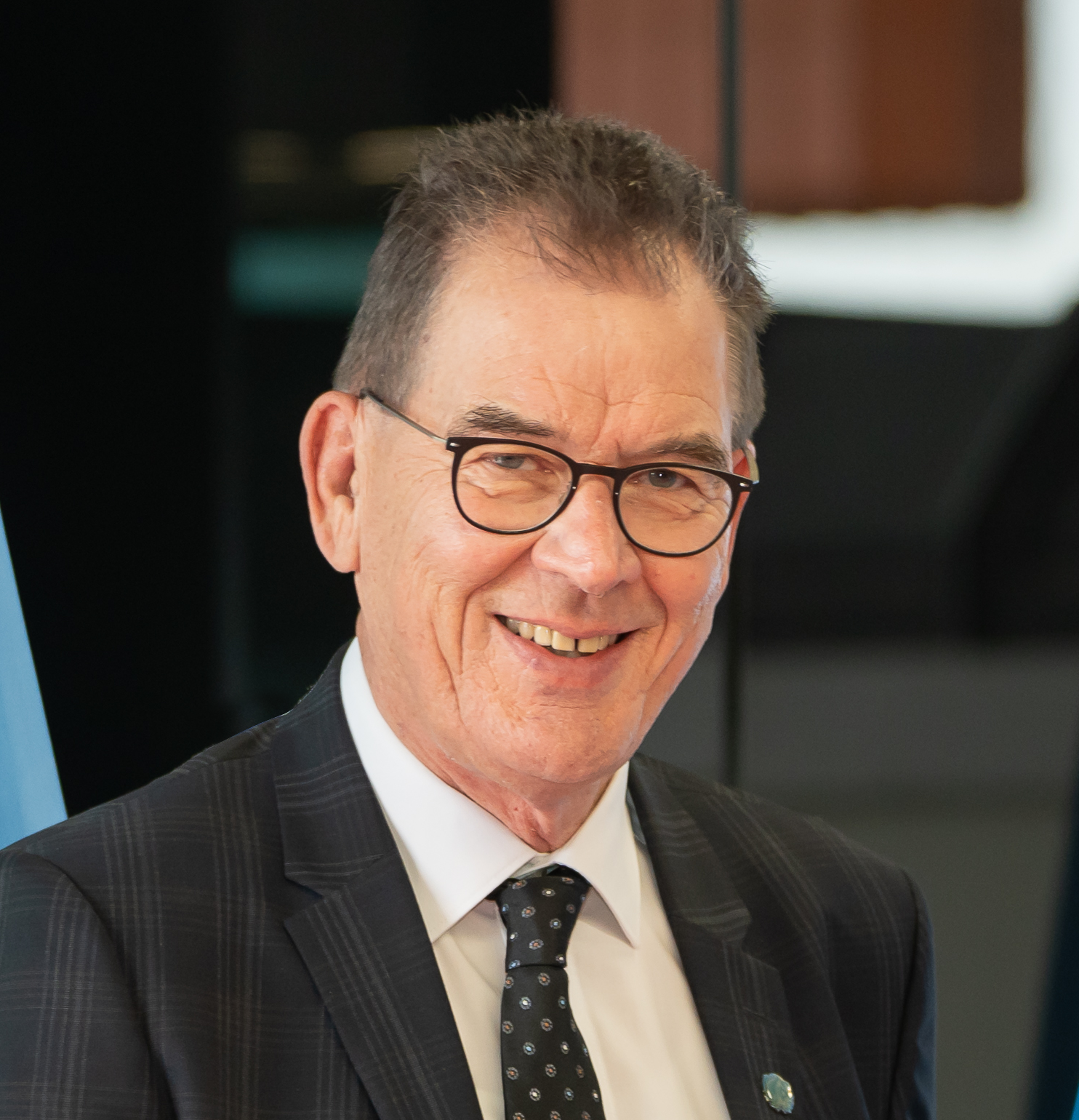 Mr. Gerd Müller, Director General
Mr. Gerd Müller, Director General
Panelists:
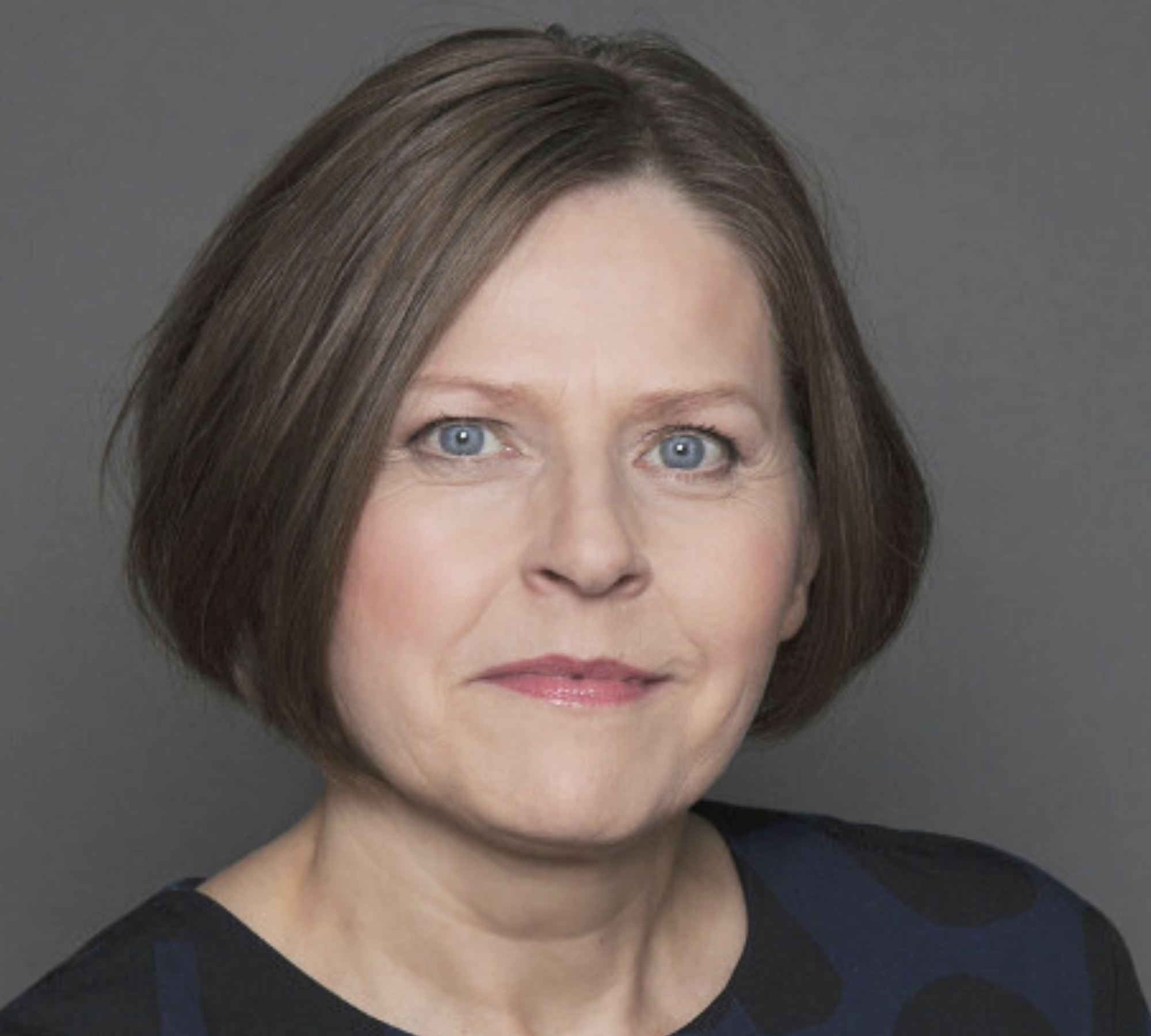 Ms. Heidi Hautala, former Vice-President of the European Parliament
Ms. Heidi Hautala, former Vice-President of the European Parliament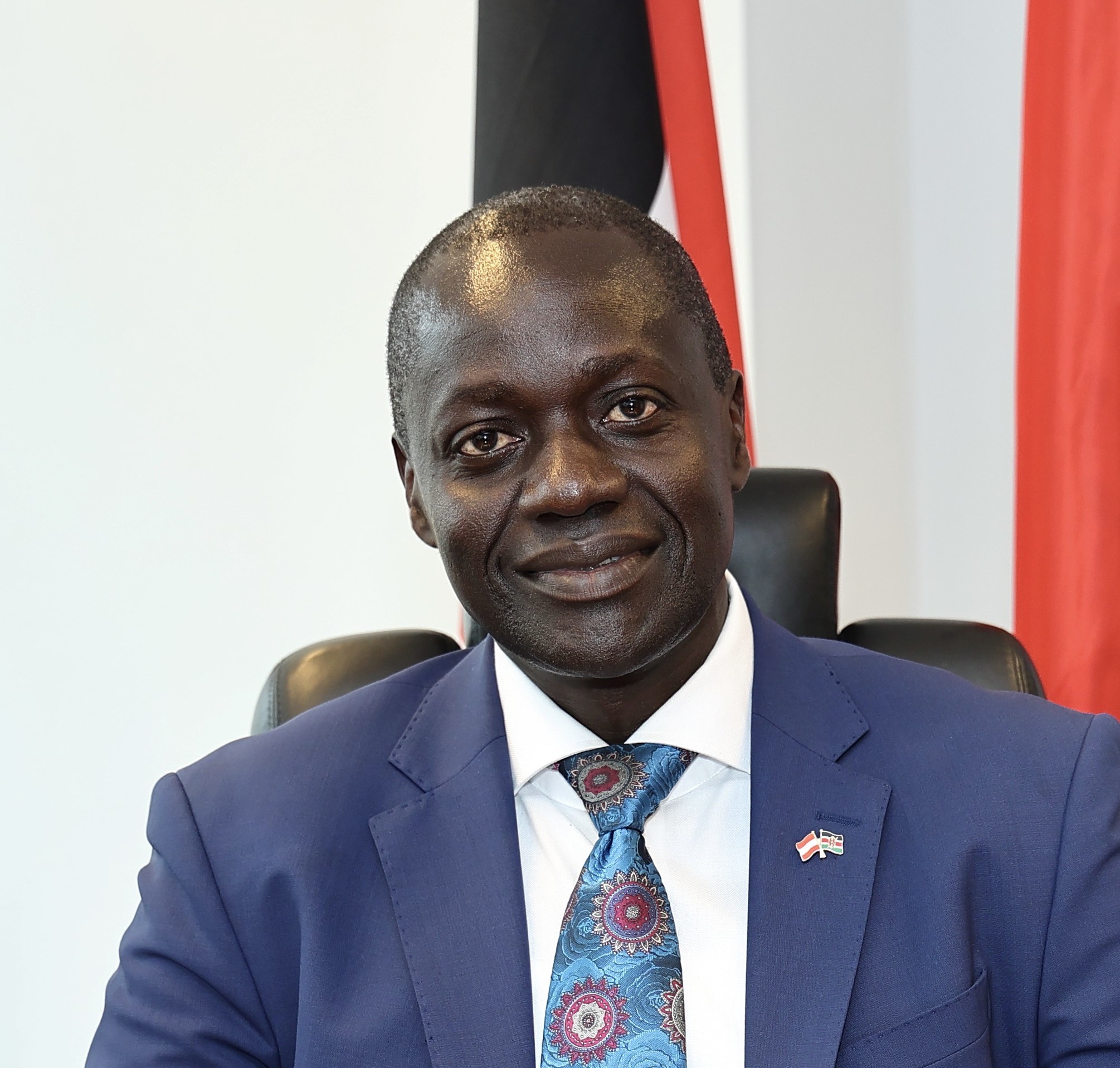 H.E. Maurice Makoloo, Ambassador of Kenya to Austria and Permanent Representative to the United Nations in Vienna
H.E. Maurice Makoloo, Ambassador of Kenya to Austria and Permanent Representative to the United Nations in Vienna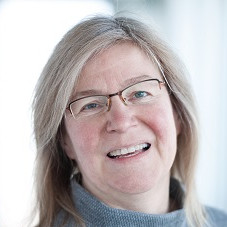 Ms. Sylvia Wisniwski, CEO, Finance in Motion
Ms. Sylvia Wisniwski, CEO, Finance in Motion
Signing and Announcing New Projects:
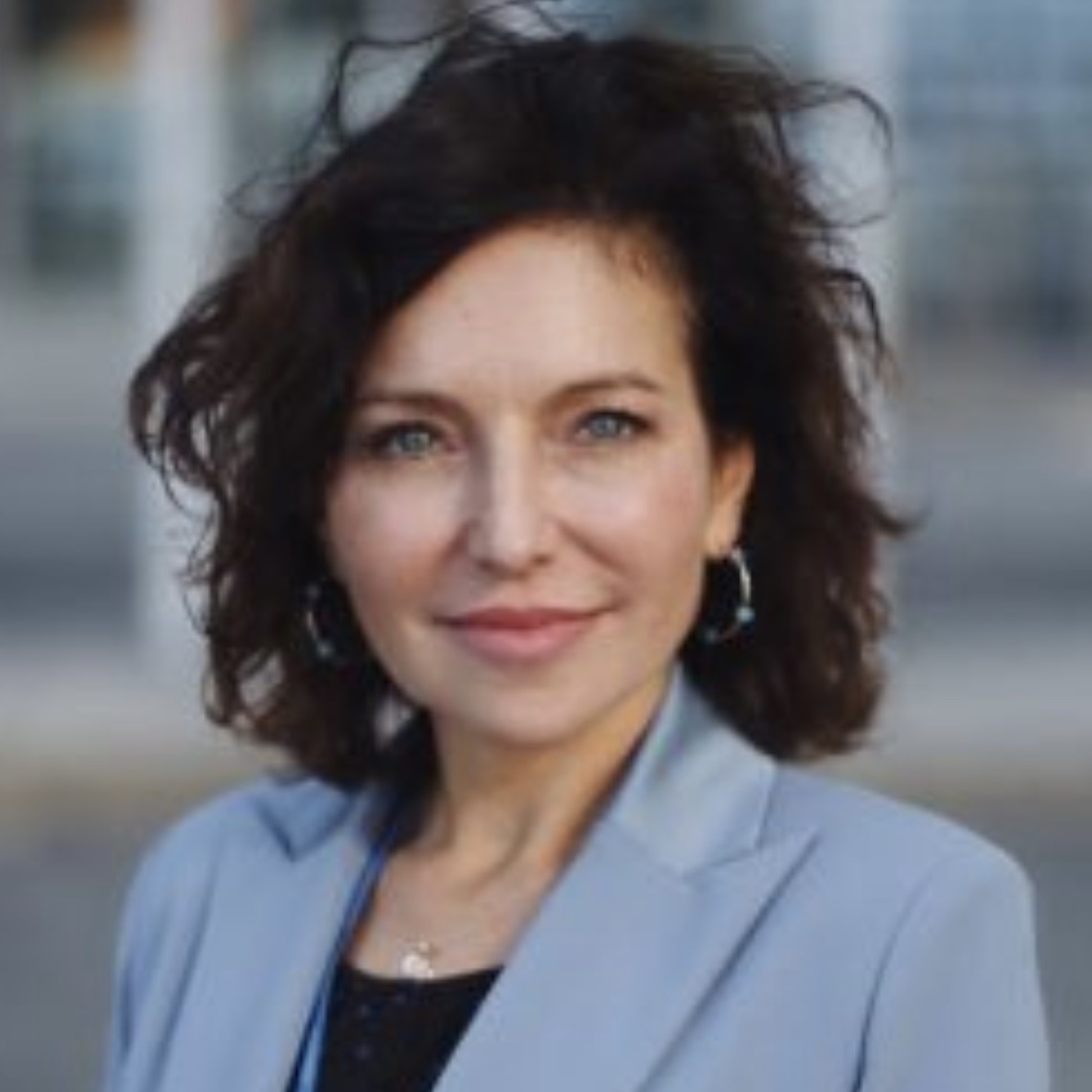 H.E. Debora Lepre, Permanent Representative of Italy to the International Organizations in Vienna
H.E. Debora Lepre, Permanent Representative of Italy to the International Organizations in Vienna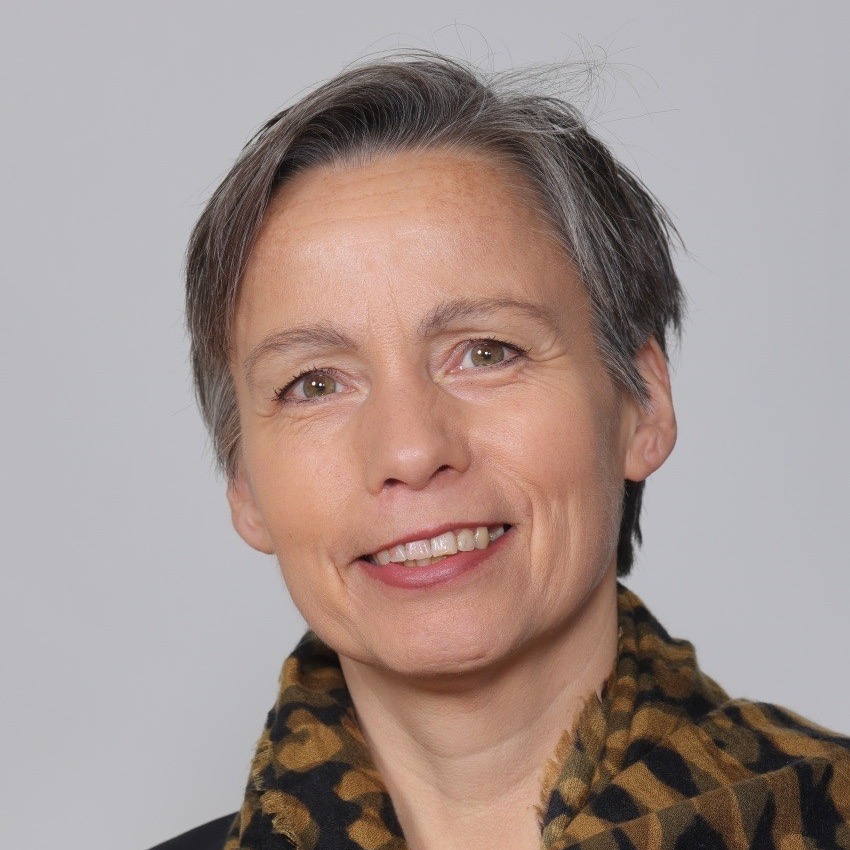 Ms. Anna Salovaara, Deputy Head of Mission, Minister Counsellor, Embassy and Permanent Mission of Finland to the UN in Vienna
Ms. Anna Salovaara, Deputy Head of Mission, Minister Counsellor, Embassy and Permanent Mission of Finland to the UN in Vienna
This panel discussion will focus on the costs of sustainability-driven regulations across global supply chains. Featuring leading authors of recent empirical work, the discussion will highlight key findings on two critical aspects: the compliance cost borne by different supply chain actors as well as the broader costs of delaying action, particularly the toll on nature. Panelists will also examine how the effects of new regulations are currently being assessed and explore strategies to improve impact assessments.
The goal: to contribute to a solid evidence base for informed and effective policymaking.
Panelists:
 Ms. Alena Kahle, Senior Policy and Project Coordinator, Fair Trade Advocacy Office
Ms. Alena Kahle, Senior Policy and Project Coordinator, Fair Trade Advocacy Office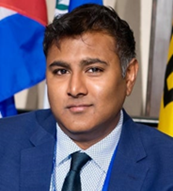 Mr. Anil Bruce Sookdeo, Senior Environmental Specialist, Global Environment Facility
Mr. Anil Bruce Sookdeo, Senior Environmental Specialist, Global Environment Facility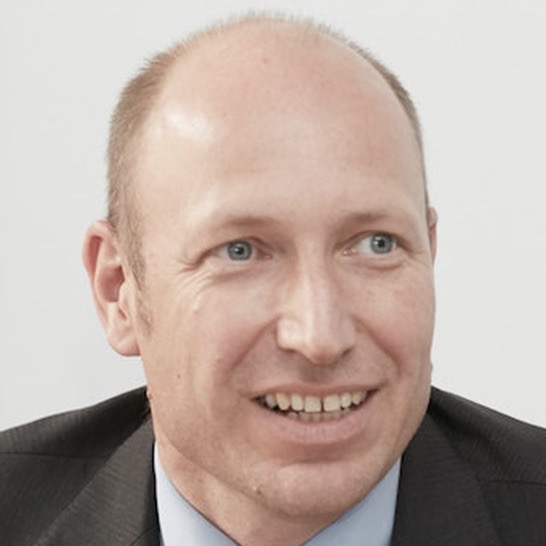 Mr. Joerg S. Hofstetter, Associate Professor in Supply Chain Management, KEDGE Business School
Mr. Joerg S. Hofstetter, Associate Professor in Supply Chain Management, KEDGE Business School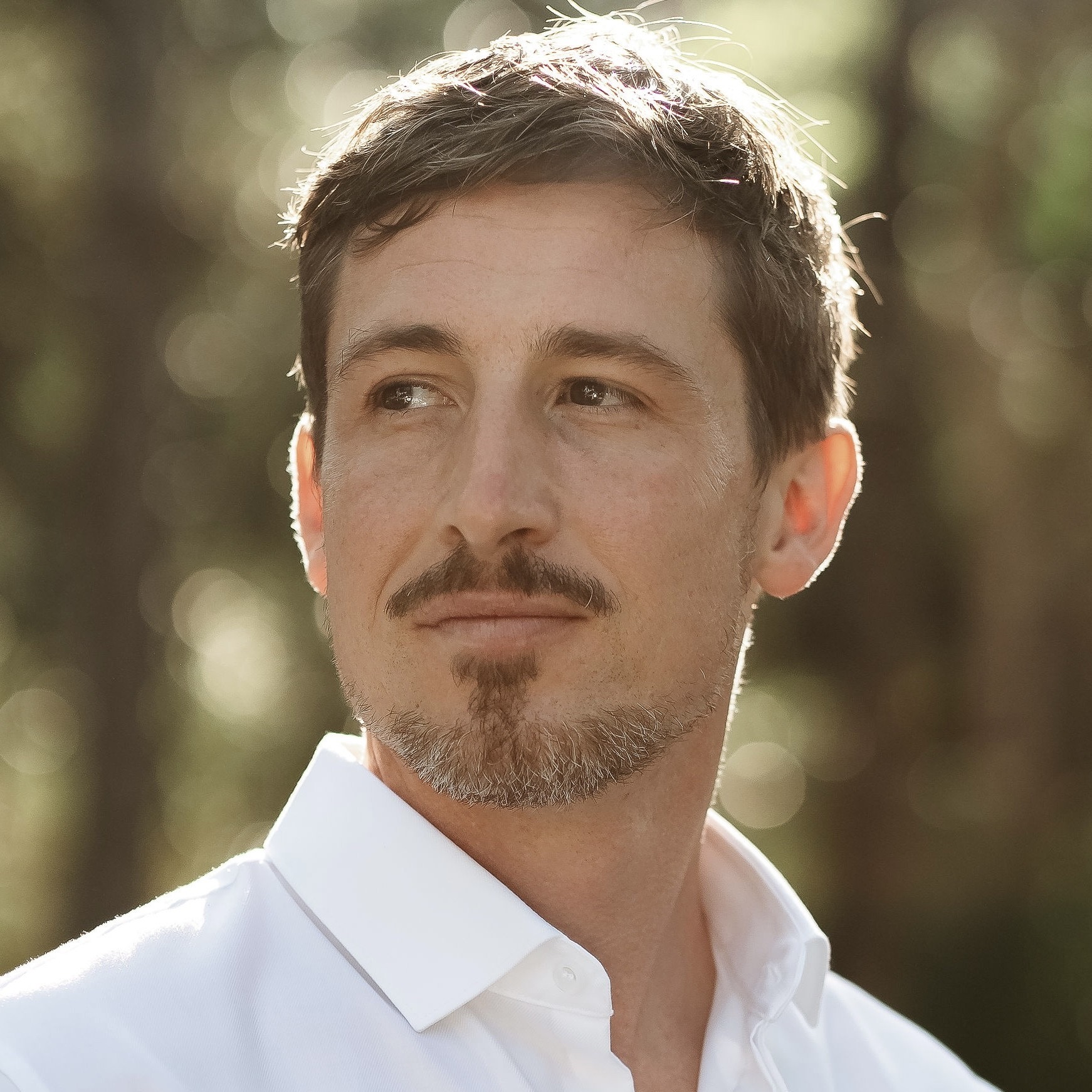 Mr. Philipp Neuerburg, Managing Director, Global Policy Incubator
Mr. Philipp Neuerburg, Managing Director, Global Policy Incubator Ms. Rupal Verma, Policy Analyst, International Institute for Sustainable Development
Ms. Rupal Verma, Policy Analyst, International Institute for Sustainable Development
This session will explore pathways to creating a more equitable distribution of value within global supply chains.
Bringing together the perspectives of stakeholders across different stages of the supply chain and sectors, the panel will highlight the resources and capacity-building needed to effectively comply with sustainability regulations. Building on this, panelists will highlight practical approaches to ensure costs of supporting measures to facilitate compliance are distributed fairly among all actors on the supply chain.
Panelists:
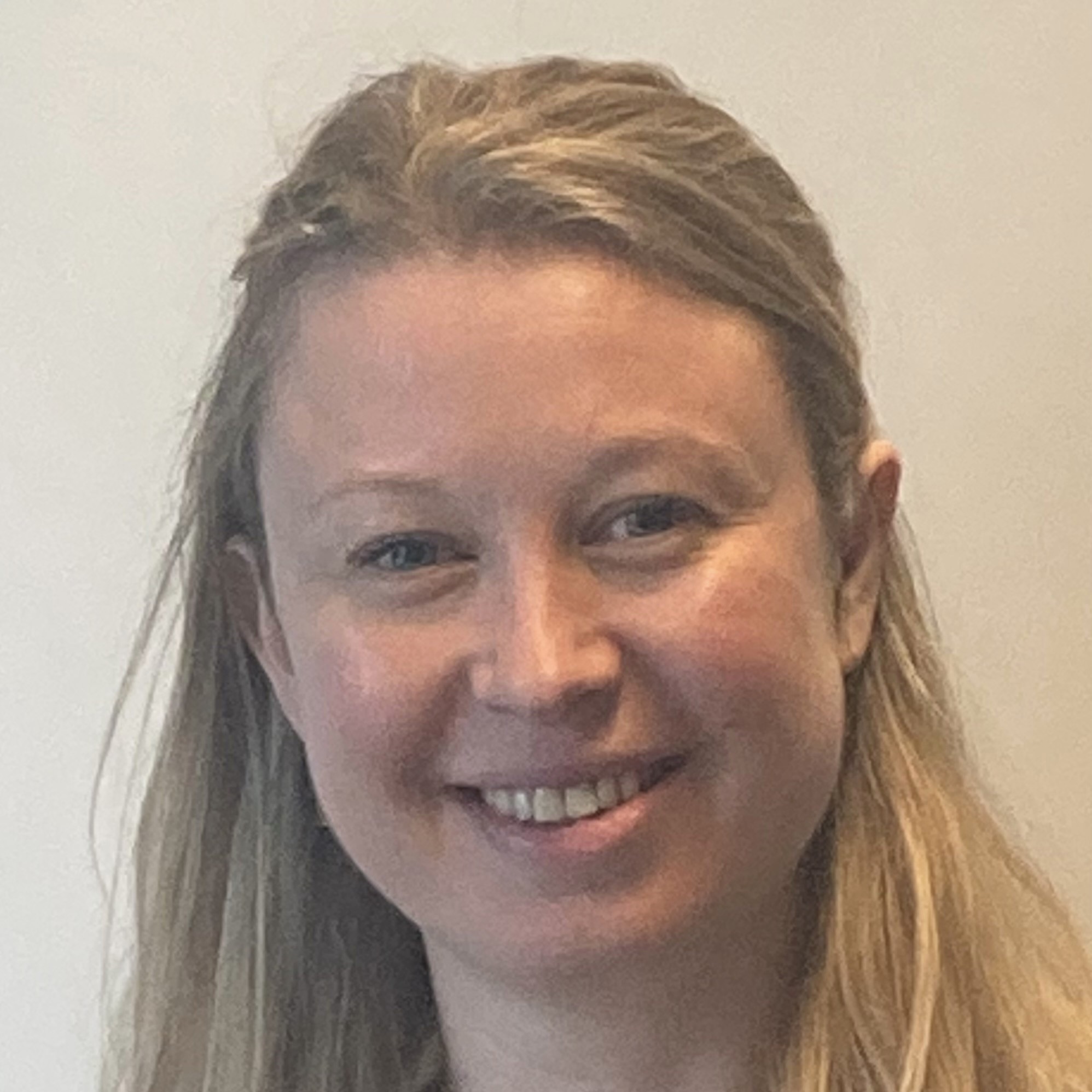 Ms. Hélène Béaghe, Policy Officer, Directorate General for International Partnerships, European Commission
Ms. Hélène Béaghe, Policy Officer, Directorate General for International Partnerships, European Commission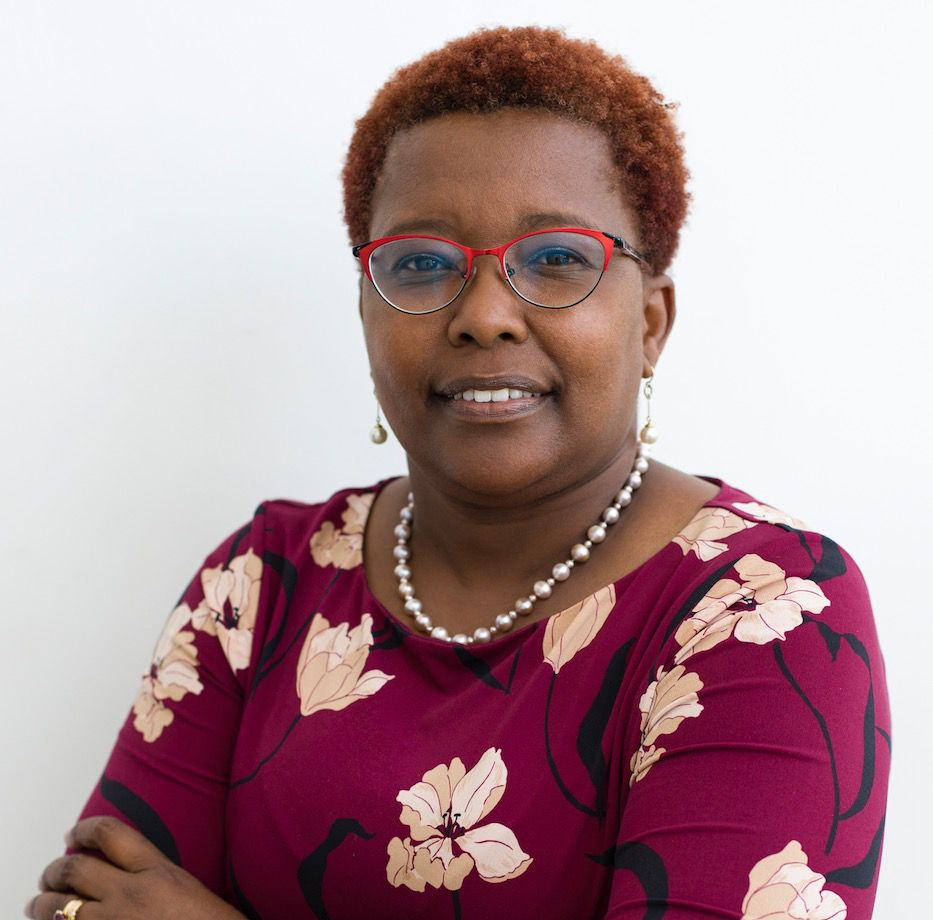 Ms. Madeline Muga, Strategy and Impact Director, Fairtrade Africa
Ms. Madeline Muga, Strategy and Impact Director, Fairtrade Africa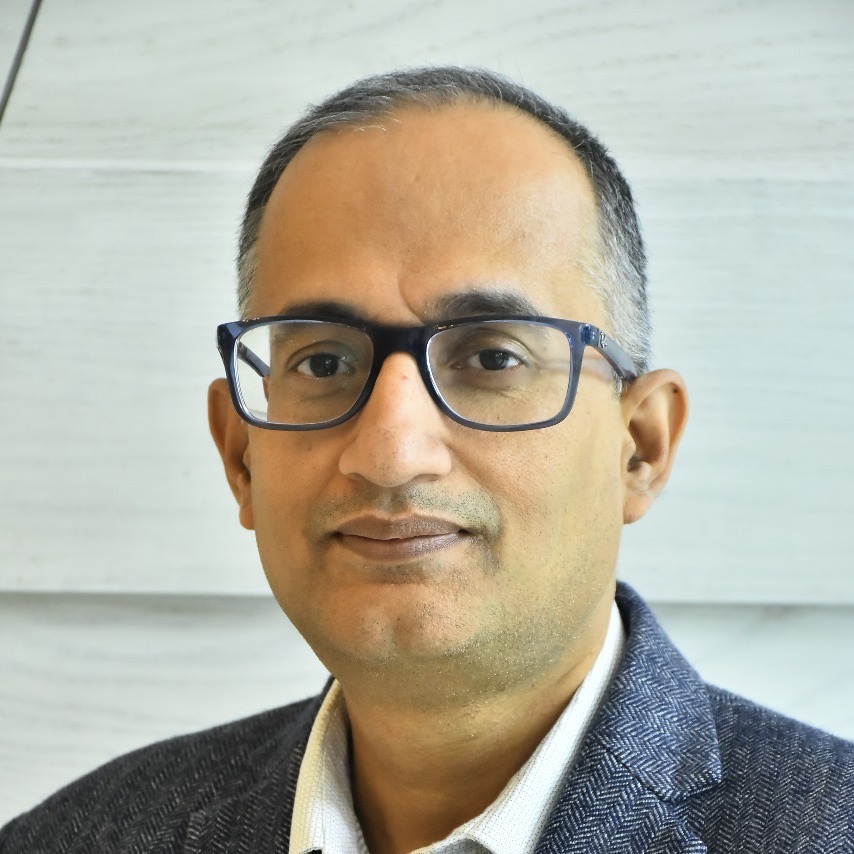 Dr. Manish Pande, Director and Head of Project Analysis and Documentation Division, Quality Council of India
Dr. Manish Pande, Director and Head of Project Analysis and Documentation Division, Quality Council of India Mr. Riccardo Bellini, Managing Director, Mayhoola Group
Mr. Riccardo Bellini, Managing Director, Mayhoola Group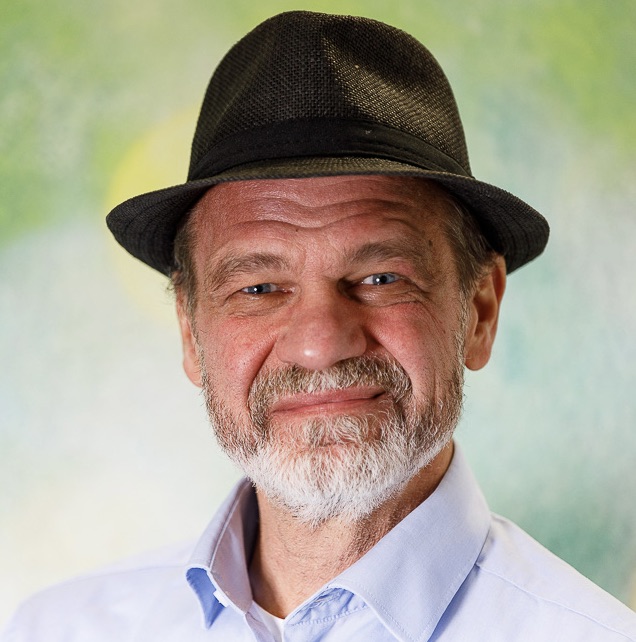 Mr. Thorsten Arndt, Head of Advocacy, PEFC
Mr. Thorsten Arndt, Head of Advocacy, PEFC
In the concluding panel, the spotlight shifts to the future: what must be done to ensure the effective and equitable implementation of sustainability-driven regulations?
As supply chain regulations enter into force across various jurisdictions, panelists will share key priorities for the months and years ahead. Representing a wide range of stakeholders, the speakers will highlight the innovative solutions their organizations or sectors bring to the table, paving the way for more sustainable supply chains.
Panelists:
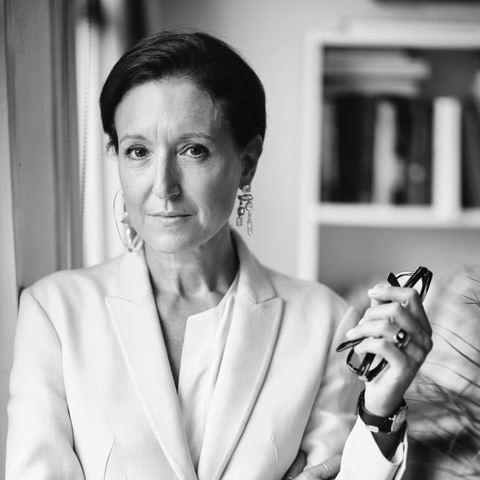 Ms. Caterina Occhio, ESG and Sustainability Advisor
Ms. Caterina Occhio, ESG and Sustainability Advisor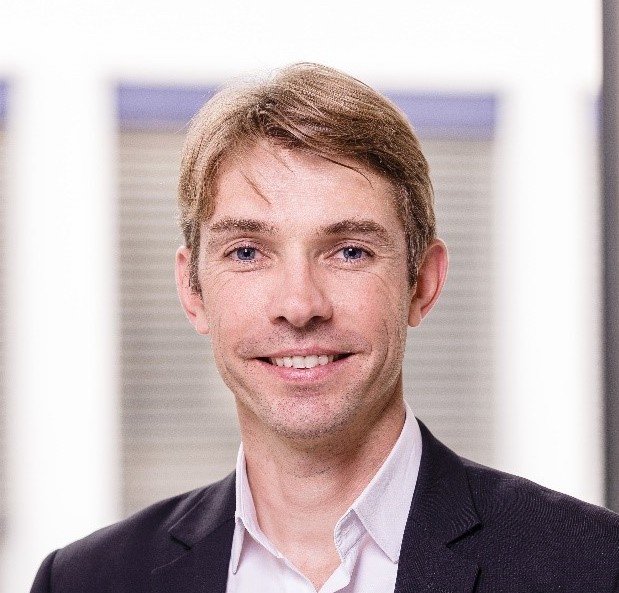 Mr. Guillaume Bastien, Vice-President, ALTEO Alumina
Mr. Guillaume Bastien, Vice-President, ALTEO Alumina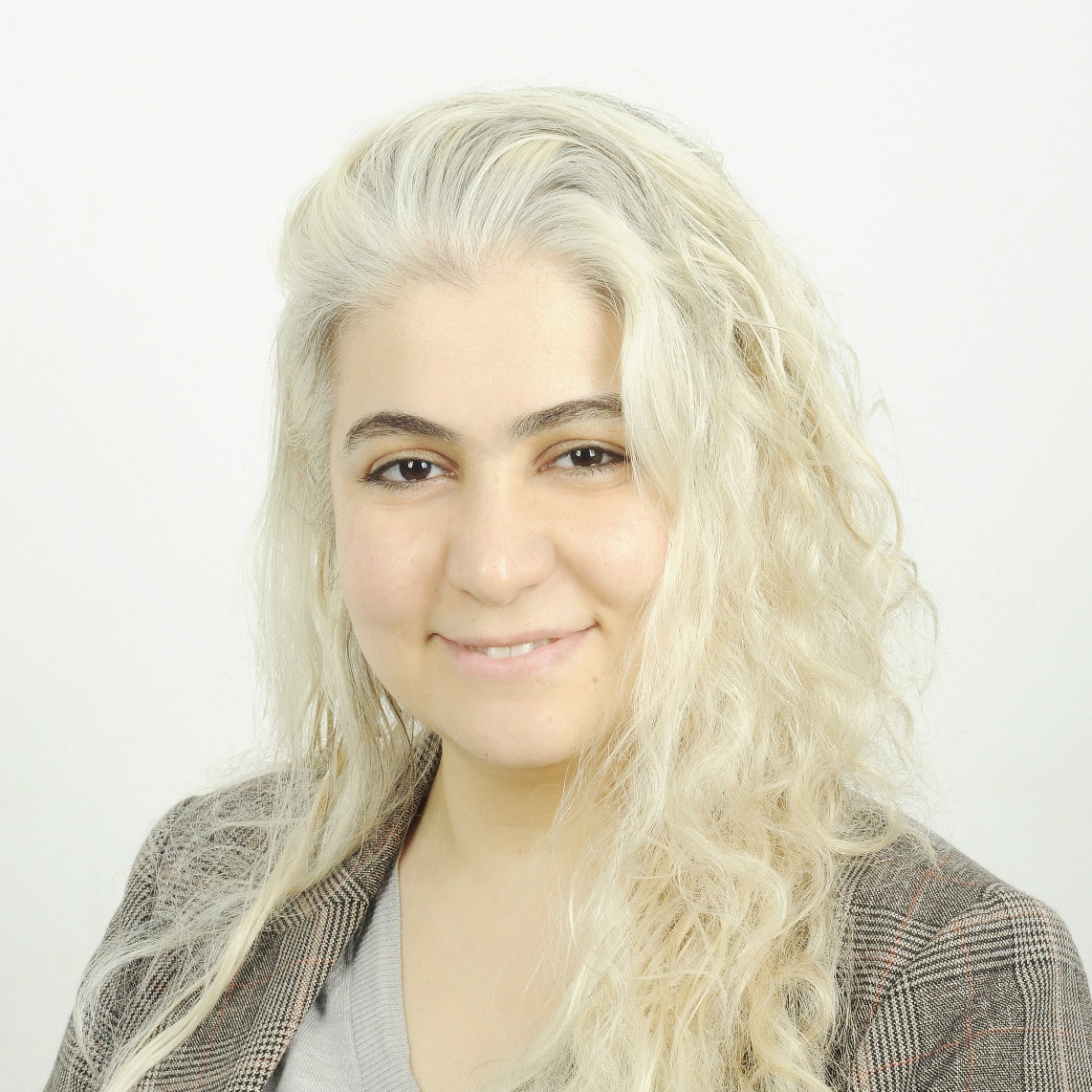 Ms. Sherihan Habib, National Project Coordinator, UNIDO
Ms. Sherihan Habib, National Project Coordinator, UNIDO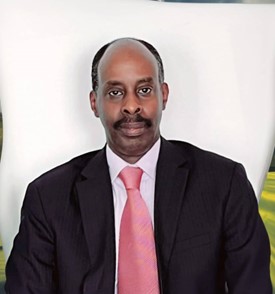 H.E. Solomon Sabiti Rutega, Secretary General, Inter-African Coffee Organisation
H.E. Solomon Sabiti Rutega, Secretary General, Inter-African Coffee Organisation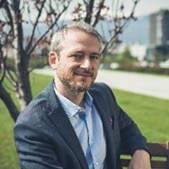 Mr. Stephan Peters, CEO, Accelerating Impact
Mr. Stephan Peters, CEO, Accelerating Impact
Closing Remarks: Shaping Solution Pathways:
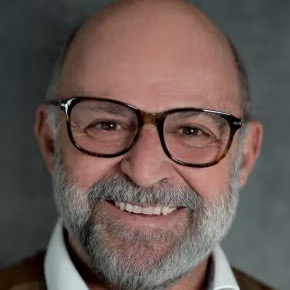 Mr. Carlos Manuel Rodriguez, CEO and Chairperson, Global Environment Facility (video message)
Mr. Carlos Manuel Rodriguez, CEO and Chairperson, Global Environment Facility (video message)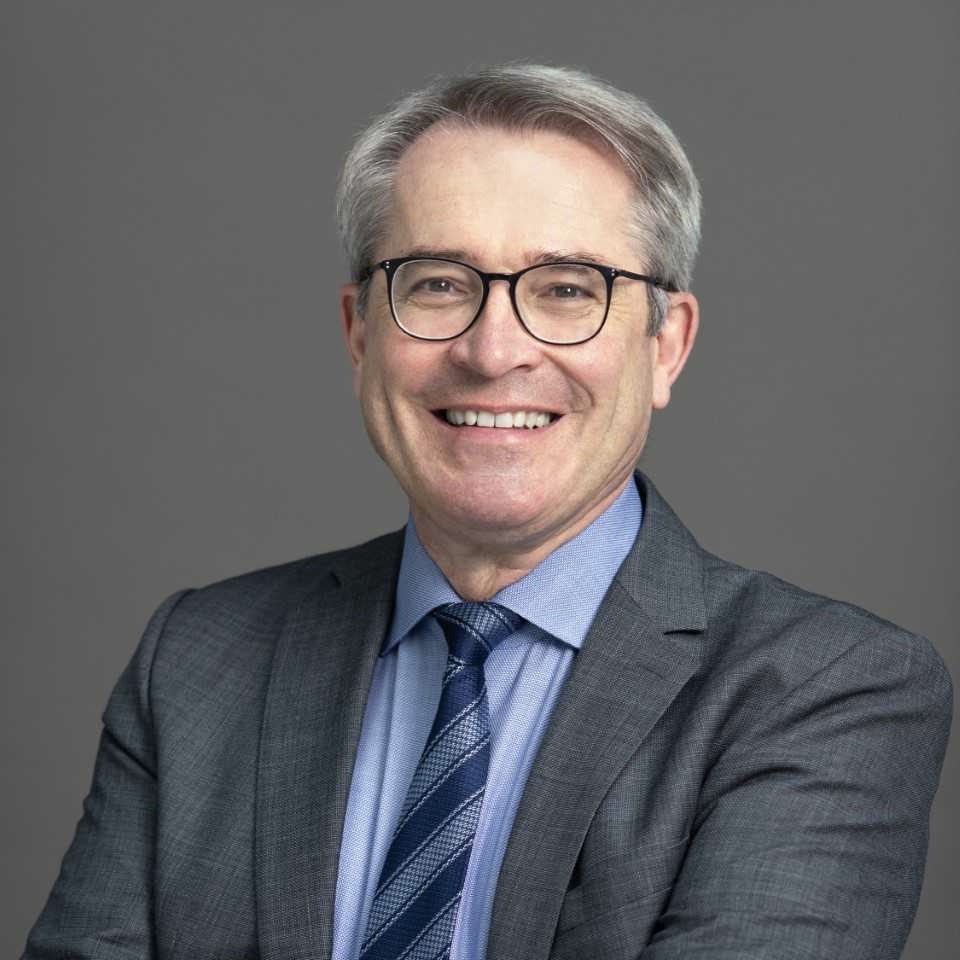 Mr. Gunther Beger, Managing Director, Directorate of SDG Innovation and Economic Transformation, UNIDO
Mr. Gunther Beger, Managing Director, Directorate of SDG Innovation and Economic Transformation, UNIDO
